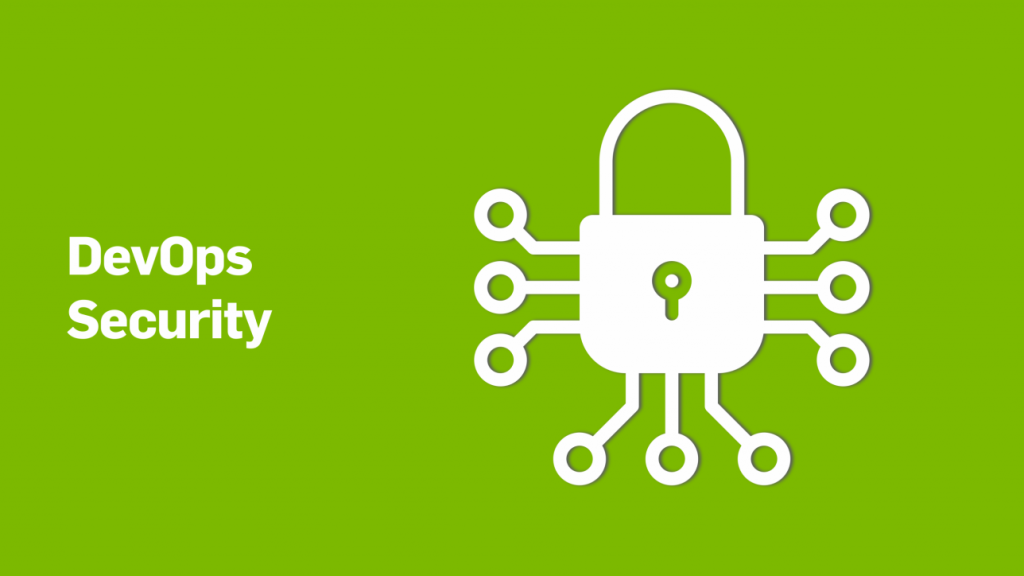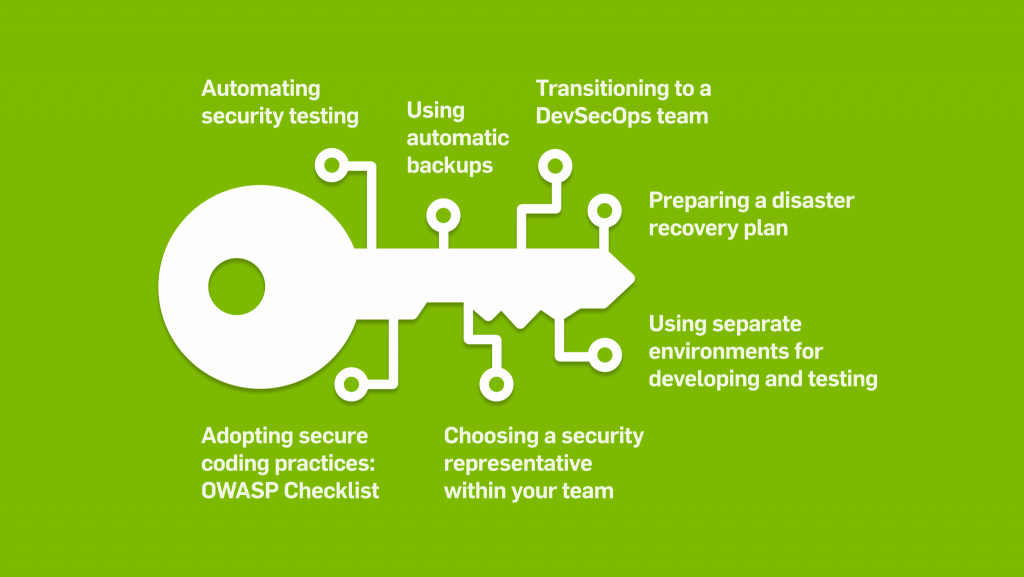Ever since the lines between work and personal life have been blurred due to the pandemic, we’ve had to meet the challenges ahead and take into account its impact on our colleagues. After all, without our people, their well-being, and happiness, Expert Network wouldn’t be what it is today.
It became certain that navigating global uncertainty, fears, and restrictions wouldn’t be easy for anyone. Without a second thought, we started investigating to identify the matters that were within our power to improve, at least in the professional environment.
Our solutions?
To focus on and draw attention to well-being and personal growth. We began creating a context for our colleagues to connect, discover, and interact with new concepts and approaches, all to enrich their outlook on life.
In today’s blog post, we’ll share how we redefined well-being, focusing on a growth mindset. What actions did we take and what changes have they brought forward? If you’re curious to learn more about our journey, take a few minutes and enjoy the read.
Our research and plan:
At the start of 2021, our HR team began their research to identify an appropriate approach that would help our colleagues to navigate the demands of the new context on top of their regular workload more easily. The first step was to understand our colleagues’ reality: their needs, struggles, and how to come to their aid.
For example, in the IT sector, the nature of tech roles requires deep focus, where a software engineer needs to stay productive and concentrated on a task for long hours. This makes it difficult for them to make time to focus on self-management or self-knowledge methods to maintain their energy levels and overall well-being.
However, even if we were to do the research and identify solutions, we’d still need to provide an action plan and topics that would really benefit our colleagues and spark their interest. As such, we understood the importance of continued support and guidance if we were to trigger their development.
As a result, three initiatives were introduced: internal training sessions on personal development and well-being, nudges, and short weekly presentations during company meetings.
1. Internal training sessions
In the past few years, we’ve been more focused on a growth mindset – which is also the basis of our approach to high-performance software delivery. This meant creating opportunities for learning and development, more precisely, soft skills and personal development. By introducing these internal sessions, we aimed to educate, inform and eliminate misconceptions regarding various concepts. Ultimately, we wanted to equip our teams with useful information and instruments that would enable them to be more balanced, productive, and at ease.
By planning training sessions on time management or how to efficiently deliver feedback, we offered them the chance to explore these approaches. More precisely, how they can help to simplify things, the impact they have, and how to create a context for colleagues to apply the knowledge they learned.
Based on our colleagues’ needs, we put together 7 topics on personal development and well-being, which we organized into 2–3 hour sessions. Additionally, colleagues were given the choice to select training topics that resonated most with them and we adapted the schedules so they could make the most of the experience.
However, after the first sessions, Sabina, our HR Generalist, made an important observation. The sessions alone wouldn’t be enough to enable behavioral change, as information by itself can be easily forgotten. But, inspired by the Nudge Theory developed by Richard Thaler and Cass Sunstein, Sabina saw the solution to forgetfulness: nudges.

2. Nudges
The introduction of our Expert Nudges seemed logical and natural. Sabina explains:
“I became curious to delve into the subject and look for the basis, the theory behind this approach. I consulted other books and research to fill in the missing information about nudge theory.”
But what is a nudge?
According to Behavioural Design, “A nudge is any small feature in the environment that attracts our attention and alters our behaviour.” If you understand how people think, you can design choice environments that make it easier for them to select what is best for themselves. In other words, a nudge is created to help people make positive choices in their work and life.
Many theories have revealed that we learn more (and retain it better) when we study in short focused bursts rather than when we’re forced to sit through hour-long classes. So Sabina’s goal was to identify how nudges can be best used for our organization and how to structure the information so that it truly offers real value as well as quick and impactful advice for our colleagues.
Sabina began by prioritizing the things that were easiest to implement either on the spot or on that day based on previously held training sessions. For example, based on the topic of Emotional Intelligence, she created 4 nudges that were sent weekly to refresh everyone’s memory with different actions that could be implemented for healthier behavior.3. Let’s Connect Presentation
The third initiative to support our approach was Sabina’s short presentations during our weekly internal meetings. This initiative was also a request from within our teams, to expand their general knowledge. She introduces a topic on well-being or personal development and she explains the importance, benefits, and how to apply it to our lives.
“These presentations are complementary to our internal training sessions and are easier to digest and implement. This is because I introduce and explain less content, it has a weekly frequency, and it offers colleagues the opportunity to dive deeper into a subject. And if they want, they can access the links provided at the end.”
Sabina creates a slide on our meeting presentation where she explains the novel concept. She then engages colleagues to ask questions and share their opinions, making sure the information discussed is clear.

The results
Since these initiatives have been implemented, changes have started to happen:
- By communicating online (and soon face-to-face), we had the chance to interact with and get to know each other better, which has sparked beautiful conversations.
- Many colleagues began using certain techniques to increase their productivity.
- Other colleagues discovered new concepts, explored them in-depth, and then shared useful information with others.
- Other colleagues voiced the need to continue internal training sessions with other topics, demonstrating their openness to exploring new ideas and approaches.
- Nudges have been considered for technical training as well, and are currently part of a work-in-progress project at the discipline level.
- Many colleagues reported that they enjoyed the initiatives. They did their best to implement the recommended actions and mentioned that it’s “good to have nuggets of knowledge” presented weekly.
At Expert Network, the well-being and personal growth of our people have become important. The introduction of internal training sessions, nudges, and short weekly presentations has successfully drawn more attention towards these aspects. As of now, our colleagues have begun experiencing better relations amongst colleagues, open mindsets and further interest in new approaches. We aim to continuously provide our people with the support and guidance they need to enrich their well-being and growth.






















